Sleep Deprivation is defined as not obtaining the adequate amount of sleep required for normal functioning and well-being. According to the Centers for Disease Control and Prevention (CDC), one in three adults doesn't get enough sleep on a regular basis (CDC, 2016).
Sleep issues have become a common health problem affecting millions of people worldwide. It's estimated that around 50 to 70 million Americans suffer from a sleep disorder (American Sleep Association). This can lead to decreased performance at work, impaired driving, and reduced quality of life.
Empower Sleep is on a mission to provide comprehensive and convenient virtual sleep care services. By focusing on personalized treatment, they aim to improve sleep quality and overall well-being.
The Science behind Sleep Deprivation
The science behind sleep deprivation starts with understanding the sleep-wake cycle, regulated by the body's internal biological clock. This natural rhythm helps to maintain a healthy balance between sleep and wakefulness, ensuring that our bodies are rested and rejuvenated for the demands of daily life (National Institute of Neurological Disorders and Stroke). However, the effects of sleep deprivation can be profound, with lack of sleep leading to various physical and mental health problems. These include obesity, heart disease, and depression, all of which are symptomatic of a chronic issue affecting many individuals (Harvard Health Publishing).
Moreover, several academic studies have illuminated the broader health implications of sleep deprivation, showing a connection between inadequate rest and chronic conditions like diabetes and cardiovascular diseases. This research further underscores the severity of sleep issues, revealing that continuous neglect of proper sleep can even reduce life expectancy (Knutson et al., 2010; Cappuccio et al., 2010). The insights derived from these scientific explorations emphasize the vital importance of addressing sleep deprivation as a critical health concern.
The Impact of Sleep Deprivation

The effects of sleep deprivation are both profound and widespread, with a chronic sleep-restricted state leading to fatigue, daytime sleepiness, and cognitive impairments. Alarmingly, these effects impact an estimated 50-70 million Americans, a testament to the pervasiveness of the issue (National Institutes of Health). The consequences of sleep deprivation extend beyond momentary lapses in attention or tiredness; they can be categorized into short-term and long-term effects. In the short term, sleep deprivation can lead to impaired judgment and slower reaction times, hindering daily functioning and performance.
Meanwhile, the long-term effects are even more concerning, as chronic deprivation has been directly linked to various serious health conditions, including heart disease and obesity (American Psychological Association). Amidst this challenging scenario, solutions are needed to combat the debilitating impact of sleep deprivation. This is where Empower Sleep comes into the picture. Recognizing the significant health challenges posed by sleep deprivation, Empower Sleep offers personalized, convenient virtual solutions to aid those struggling with sleep-related issues. By understanding the unique needs of each individual, they provide targeted support, bridging the gap between suffering and relief, and empowering people to regain control of their sleep and, consequently, their overall well-being.
Sleep Solutions for Sleep Issues
When it comes to sleep solutions for various sleep issues, there is an array of options available that go beyond traditional medication. Mindfulness, meditation, and relaxation techniques, for example, have been recognized as effective non-pharmacological approaches that can help improve sleep quality (Ong et al., 2014). Empower Sleep enhances these offerings by providing FDA-approved home sleep testing and virtual consultations with expert sleep doctors. These natural methods, along with Empower Sleep's personalized treatments like Continuous Positive Airway Pressure (CPAP) machines and assistance with finding local specialists for oral appliances, provide a holistic approach to sleep care.
Additionally, Cognitive-Behavioral Therapy (CBT) for Insomnia is one such evidence-backed technique that has been proven effective in treating sleep disorders (Espie et al., 2012). Furthermore, the body of academic research supporting the effectiveness of personalized sleep solutions, including those offered by Empower Sleep, continues to grow. Studies have shown that individualized treatment options, ranging from lifestyle adjustments to therapeutic interventions, can significantly improve both sleep quality and overall life satisfaction (Morin et al., 2006). Together, these insights paint a hopeful picture for those struggling with sleep issues, offering varied and effective solutions tailored to individual needs, all with the support and convenience offered by Empower Sleep's virtual sleep care system.
Don’t Ignore the Impact of Sleep Deprivation

Ignoring sleep issues can have a detrimental effect on your health, making it essential to seek professional help to understand and address these sleep-related problems. Empower Sleep's team of expert doctors stands ready to assist you in your journey towards better sleep and healthier life. Their comprehensive approach combines the latest scientific research with personalized care to ensure that your unique sleep needs are met. Don't let sleep issues take control of your life. As a fitting conclusion to this exploration of sleep deprivation and its impact, consider taking the vital step to schedule a virtual consultation with Empower Sleep today. Their expertise and tailored solutions can help you regain control and enjoy the restful sleep you deserve.
References
- American Psychological Association. Why sleep is important.
- American Sleep Association. Sleep and Sleep Disorder Statistics.
- Cappuccio et al., 2010. Sleep Duration Predicts Cardiovascular Outcomes. European Heart Journal, 31(20), 1487-1492.
- CDC, 2016. 1 in 3 adults don't get enough sleep.
- Espie et al., 2012. A randomized, placebo-controlled trial of online cognitive behavioral therapy for chronic insomnia disorder delivered via an automated media-rich web application. Sleep, 35(6), 769-781.
- Harvard Health Publishing. Why We Sleep.
- Knutson et al., 2010. Sleep duration and cardiometabolic risk: A review of the epidemiologic evidence. Best Practice & Research Clinical Endocrinology & Metabolism, 24(5), 731-743.
- Morin et al., 2006. Psychological and behavioral treatment of insomnia: Update of the recent evidence (1998–2004). Sleep, 29(11), 1398-1414.
- National Institute of Neurological Disorders and Stroke. Brain Basics: Understanding Sleep.
- National Institutes of Health. Sleep Deprivation and Deficiency.
- Ong et al., 2014. Mindfulness meditation and relaxation response have different effects on brain function. International Journal of Psychophysiology, 98(3), 411-420.




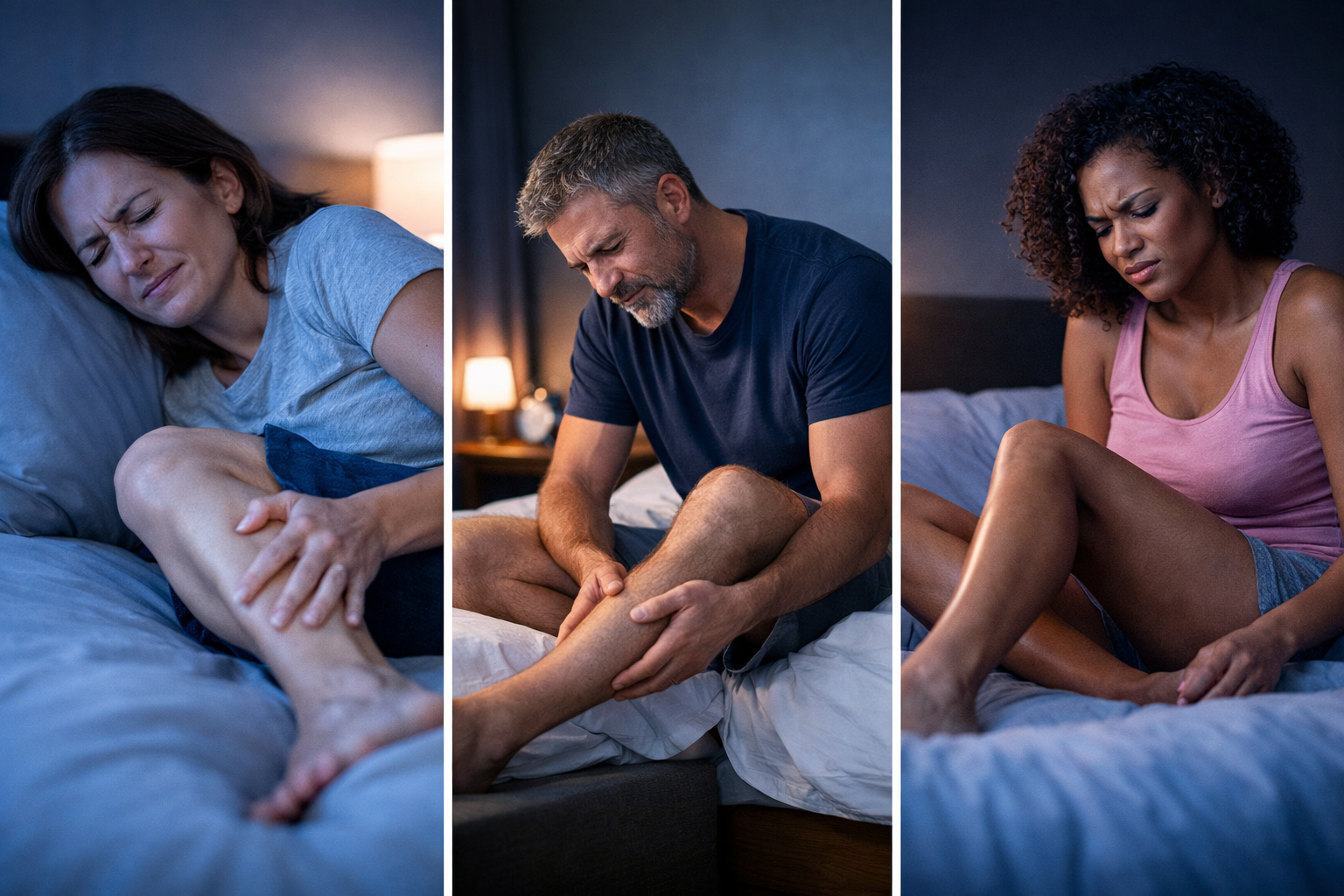



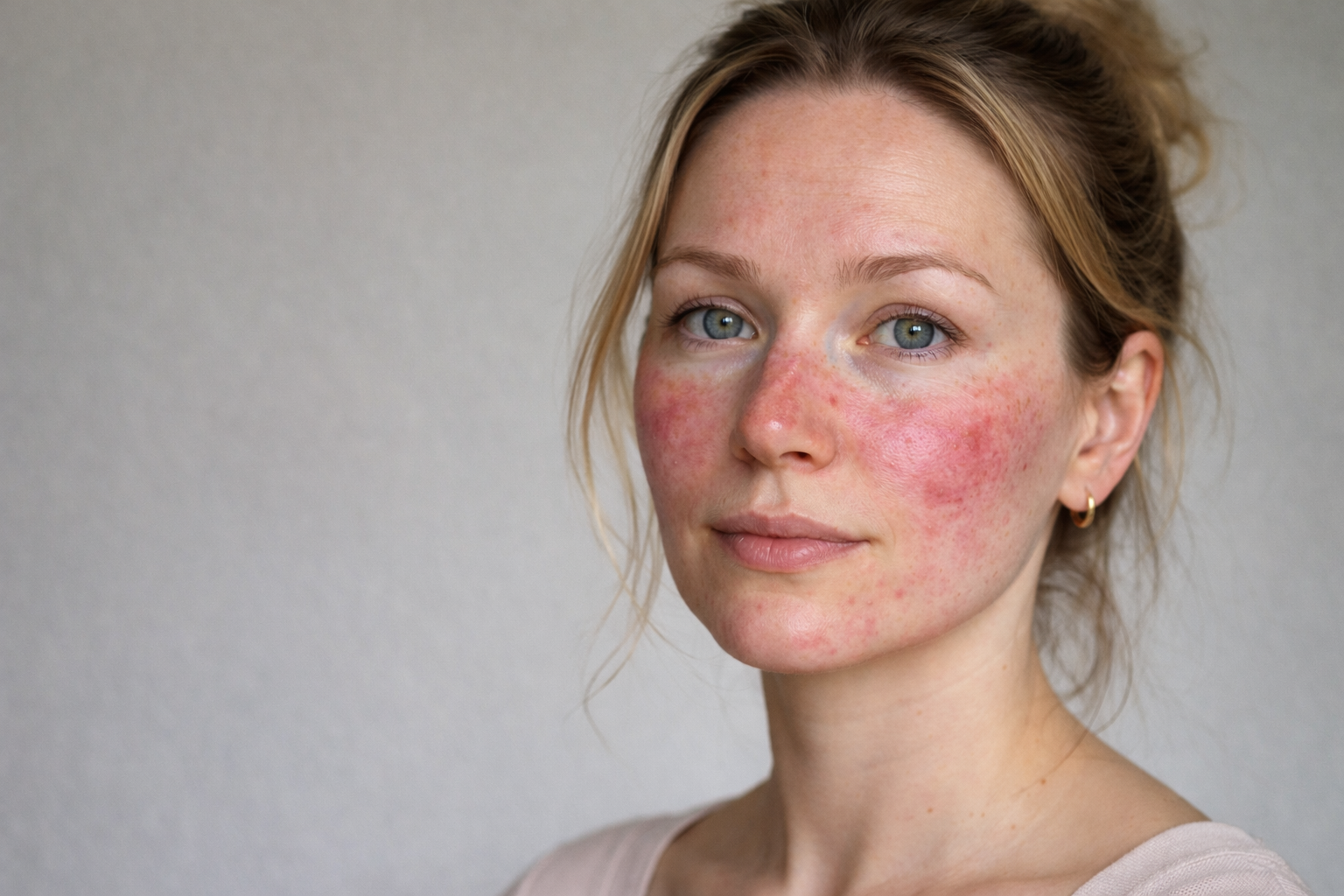


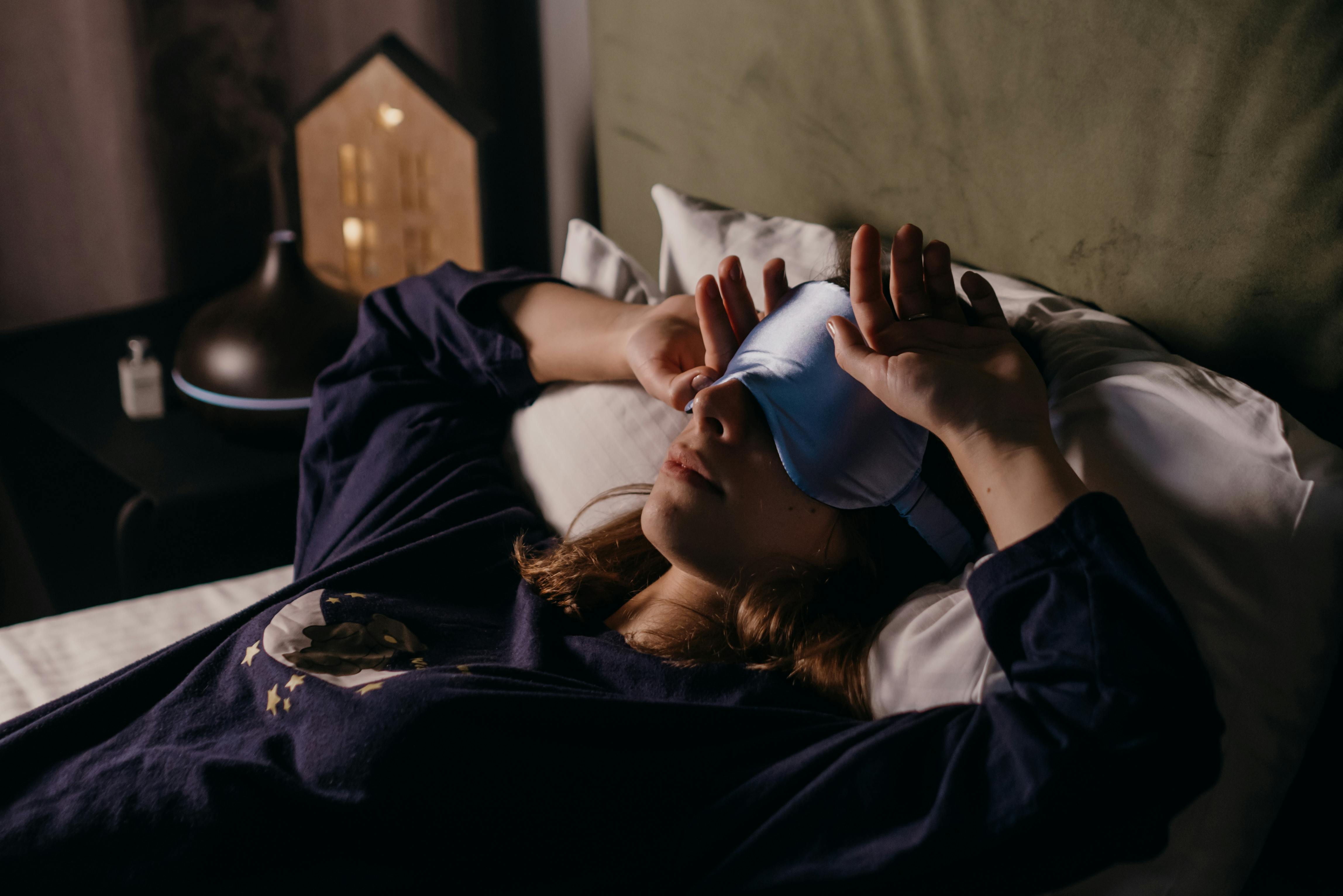










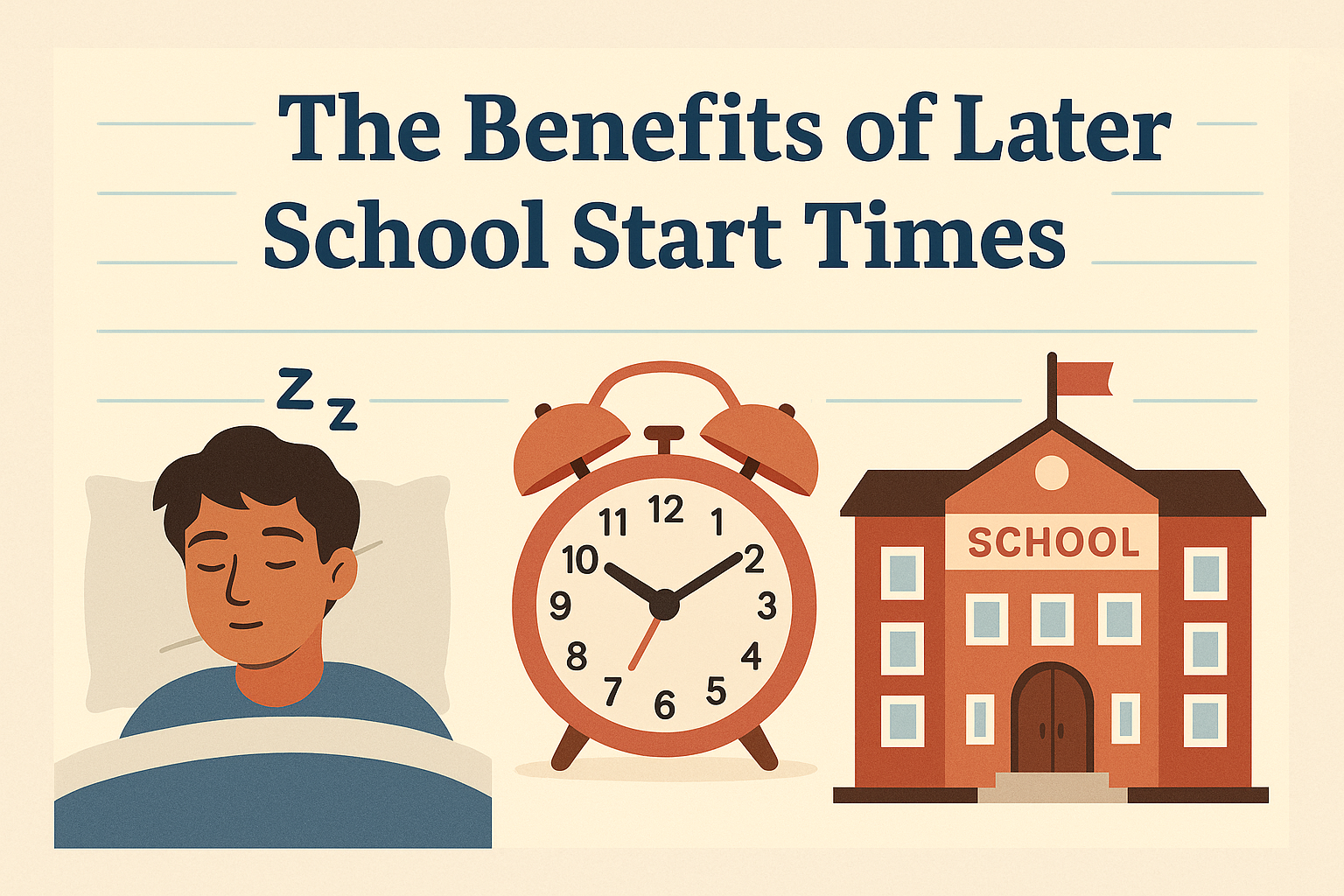

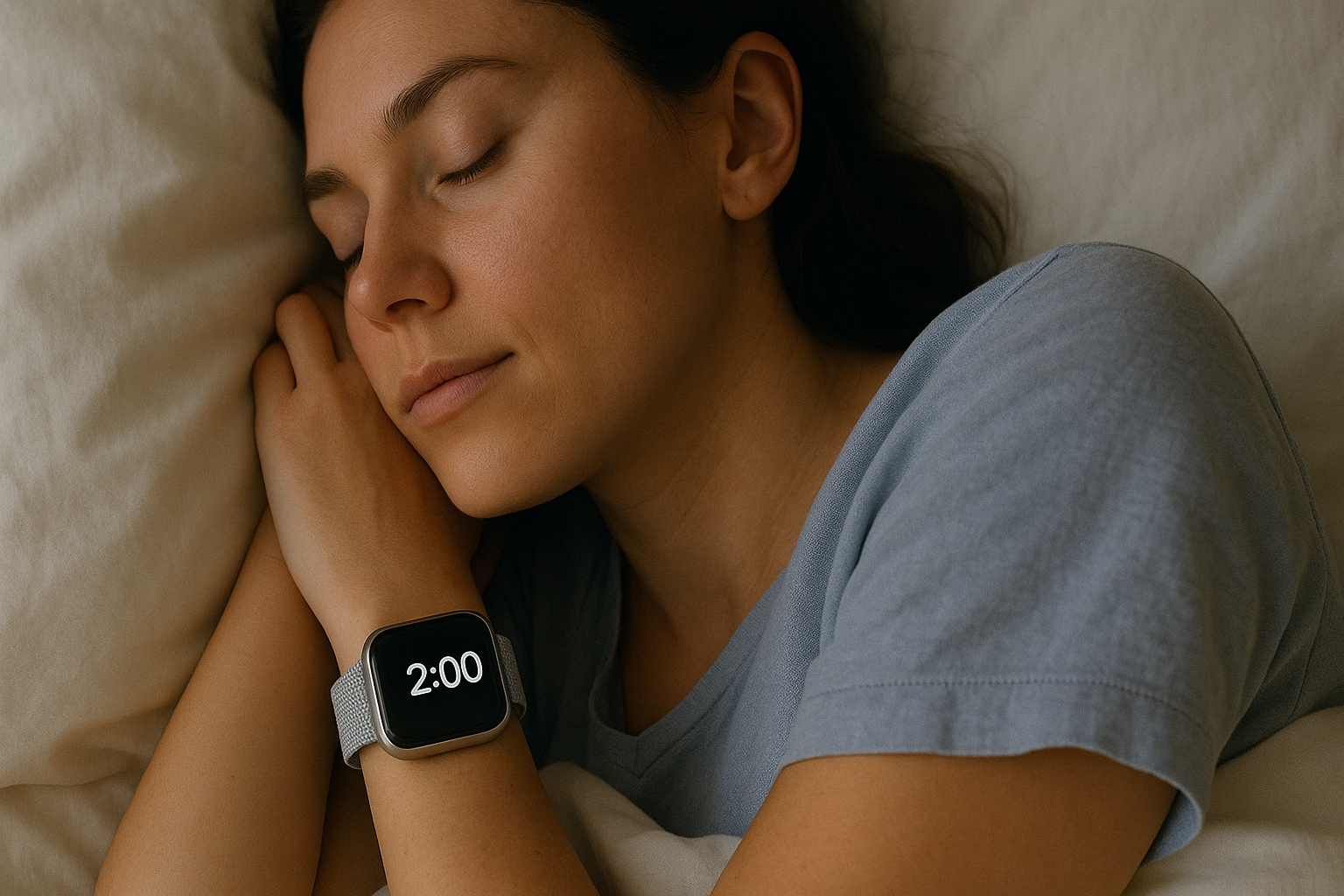


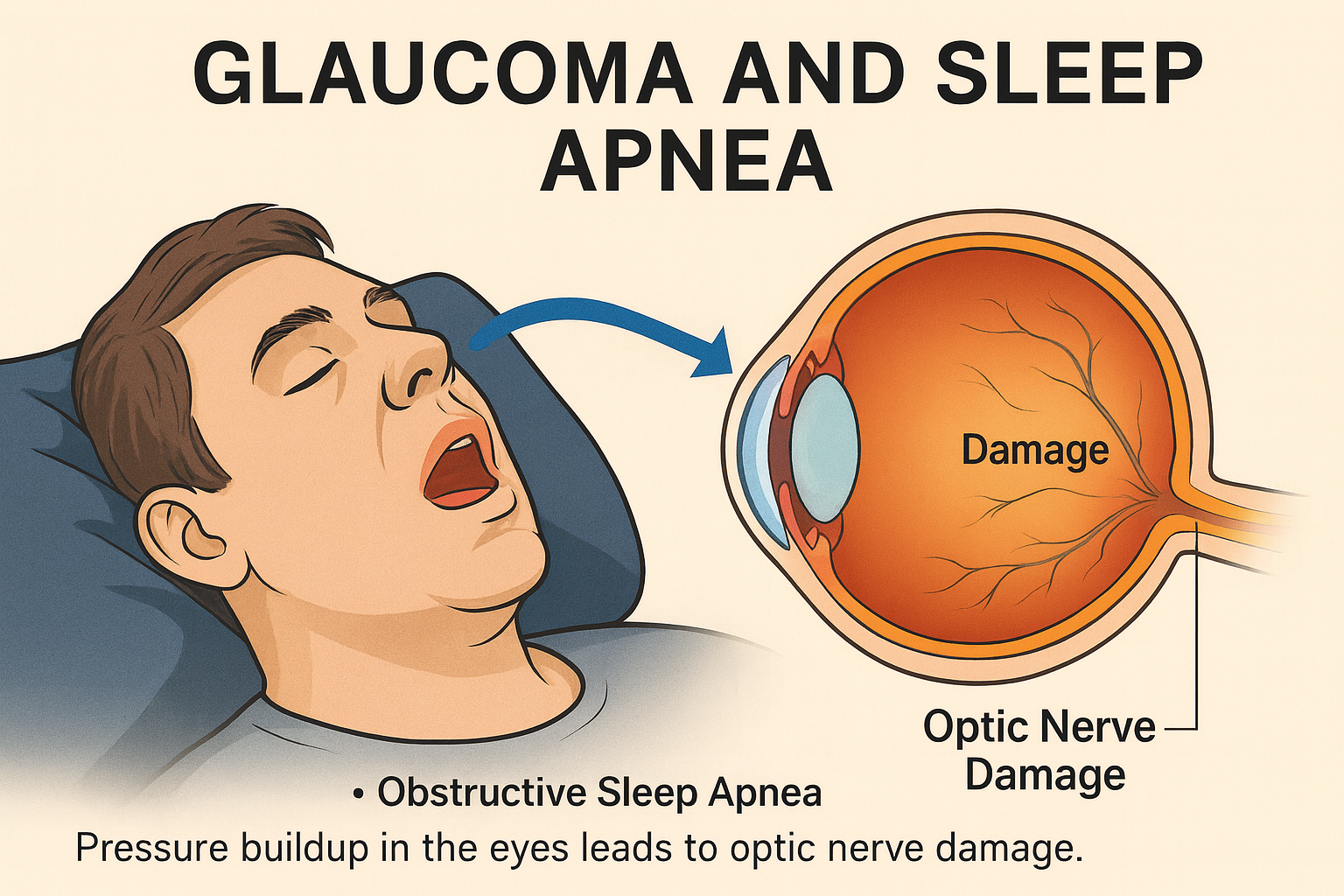

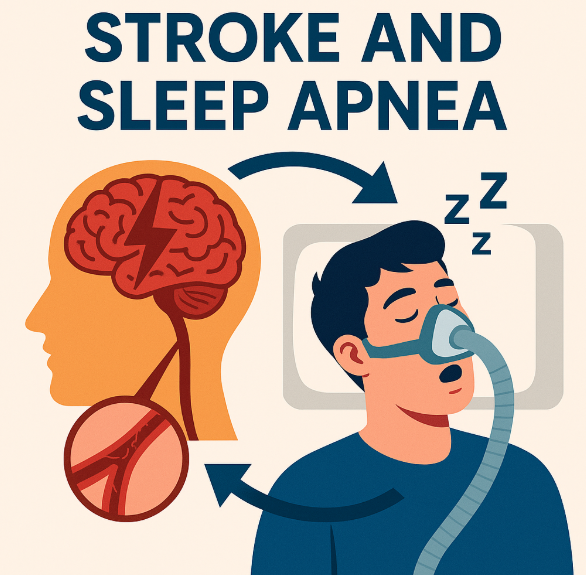
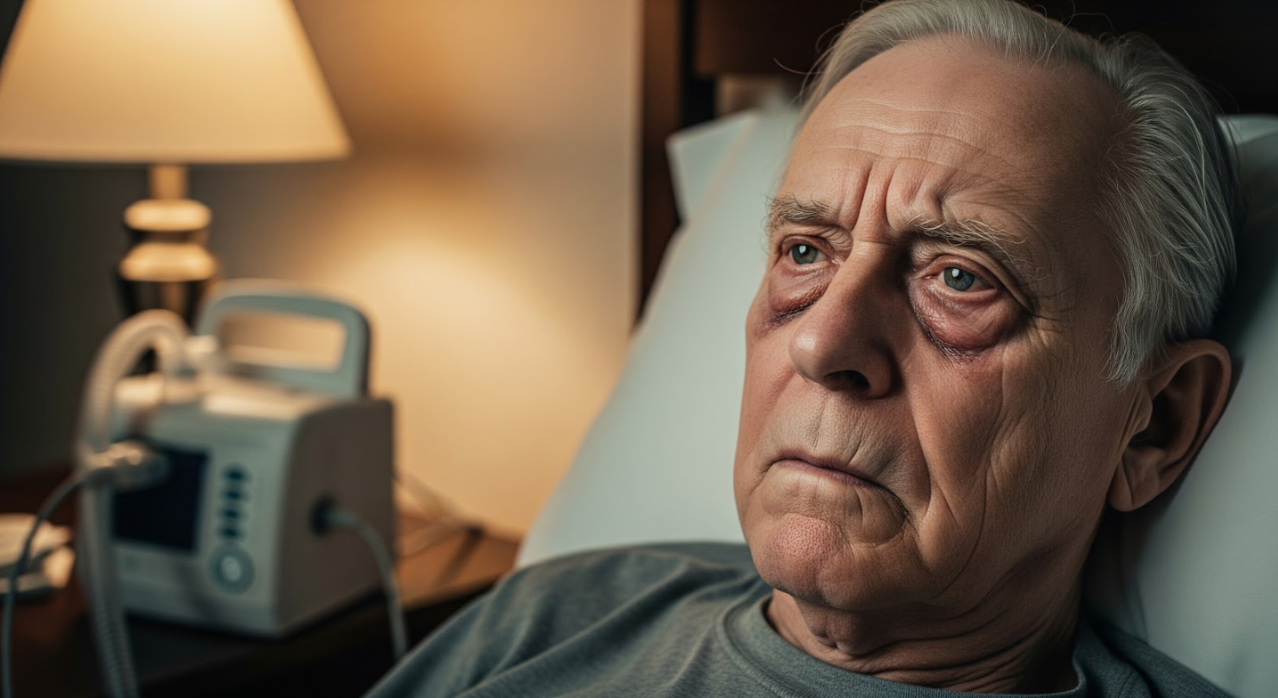
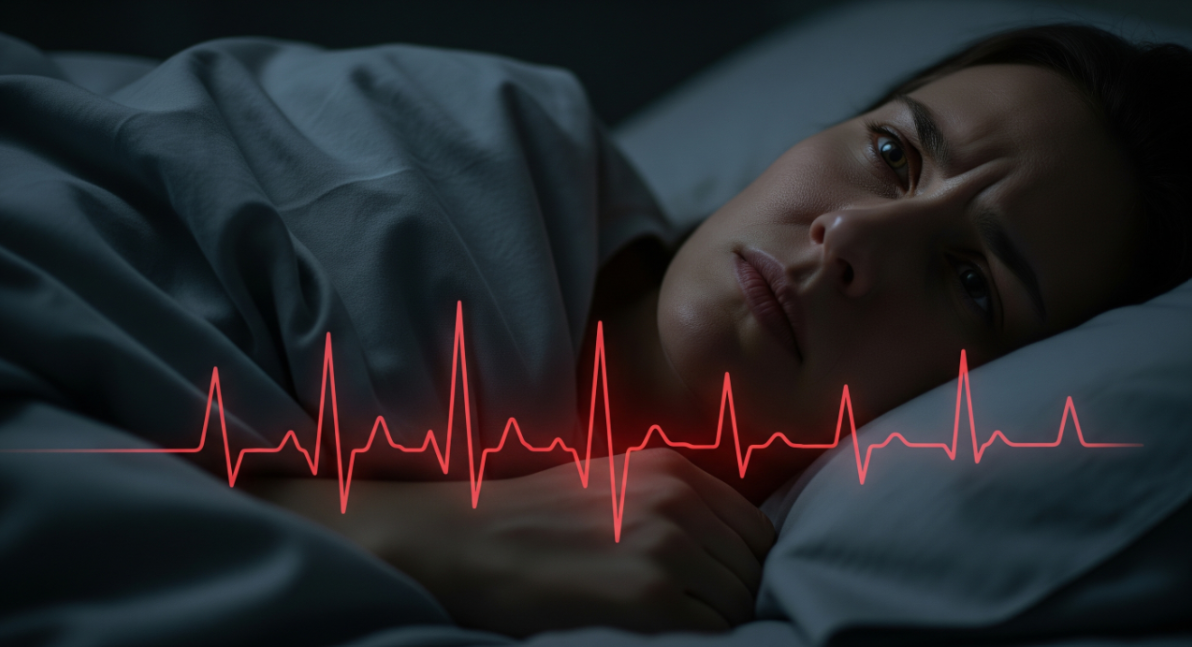






























































%20thumbnail.jpg)
.png)